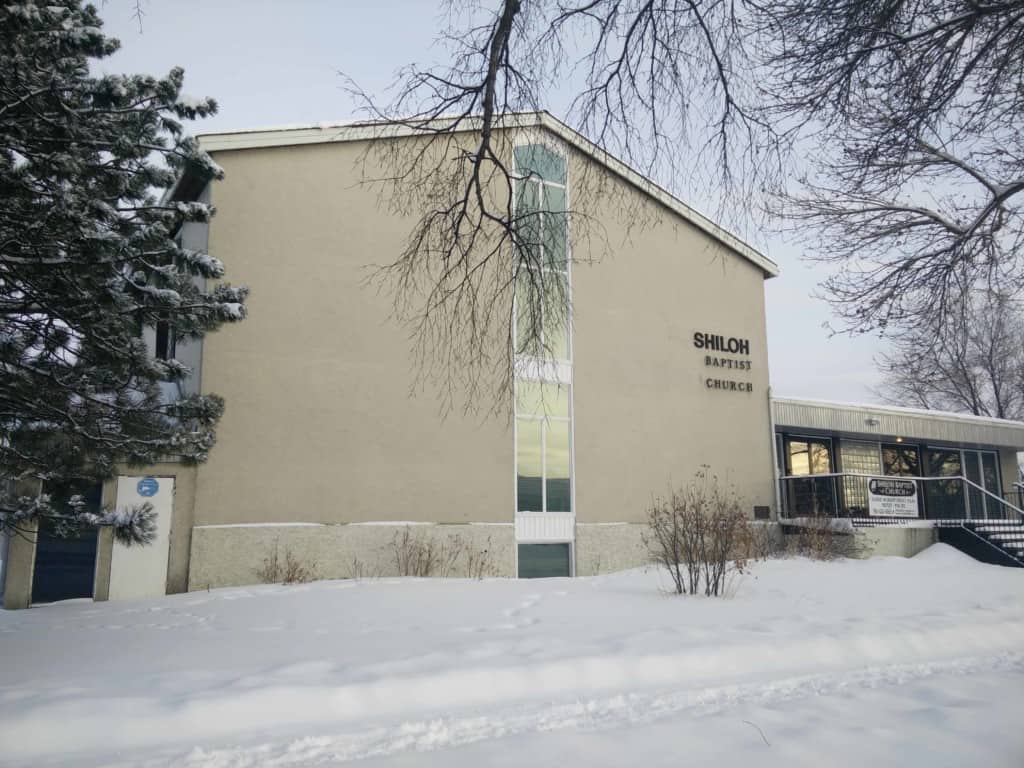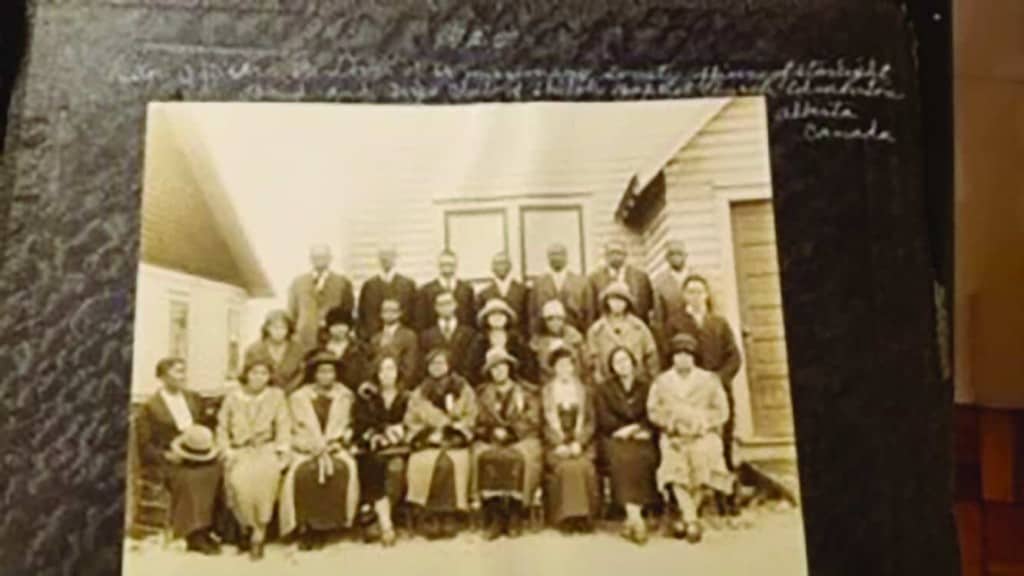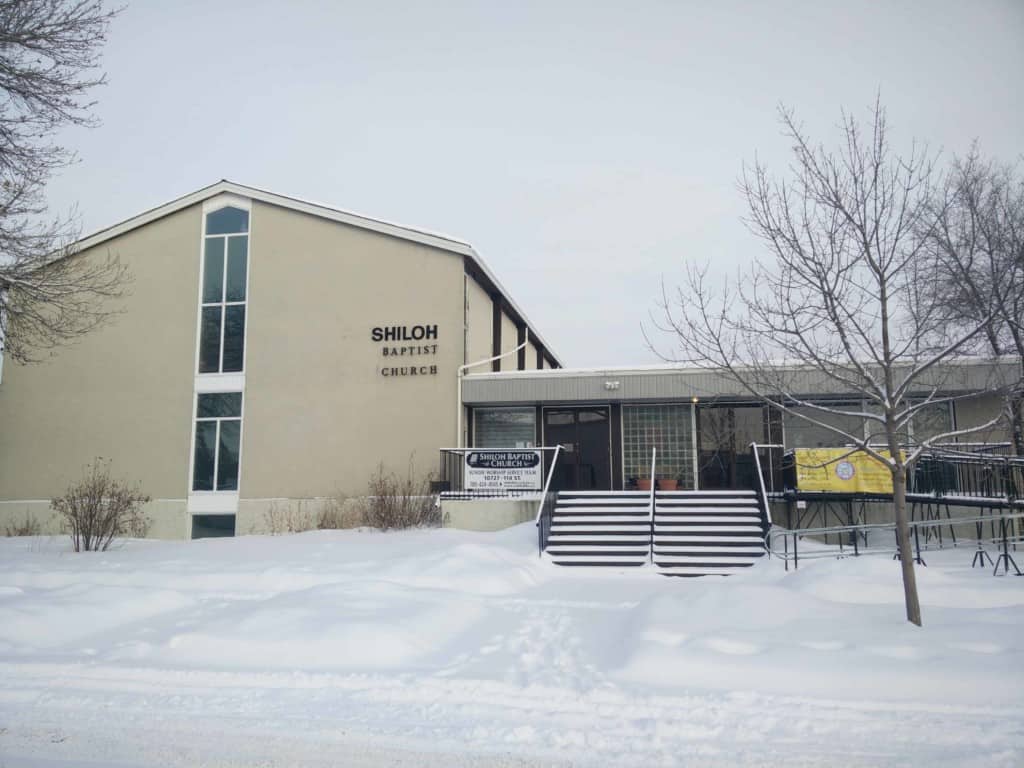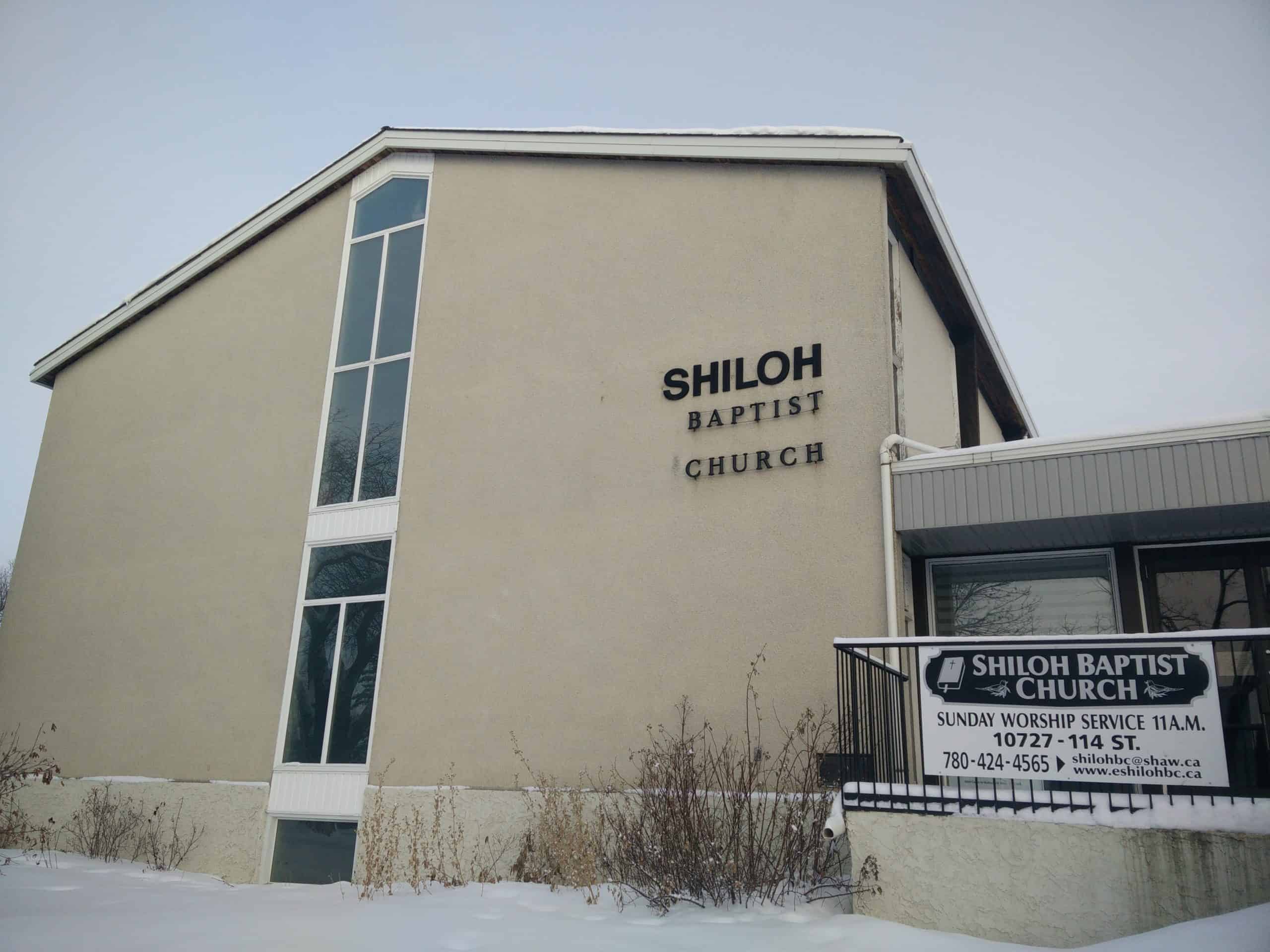The evolution of Shiloh Baptist Church
The church is a crucial part of Alberta’s Black history
In the early 1900s, a group of Black Americans who came to Alberta in search of a better life established a “coloured” Baptist church that is known today as Shiloh Baptist Church. For these Christians who worshipped in the Edmonton church, Shiloh was born out of necessity as they were not welcomed to worship in other churches.
Deborah Dobbins, a third-generation Canadian with roots in Wildwood, Alberta’s first black settlement, explains the significance Western Canada’s oldest Black church held for those early congregants.

“Shiloh was not just a church. It was a community hall, a social place, and a spiritual place. The early settlers faced discrimination and marginalization, so Shiloh was a place of importance to them.”
Over the years, Shiloh Baptist has been solidified in local Black history and has been instrumental in the community in many areas. While it was established by Black settlers, like everything else, Shiloh has and is evolving.
Dobbins put the evolution into context, “Shiloh is changing as we speak; it is becoming more mainstream, but the roots are still there.”
In a quest to meet needs as they emerge, the Shiloh Centre for Multicultural Roots (SCMR), a not-for-profit society, was founded in 2010. Just as the initial Shiloh Baptist Church was a place of community for its early members, SCMR is now a place of community grounded in a mosaic of rich, inclusive African American Canadian heritage.
One of its goals is preserving and sharing cultural/historical legacies, achievements, and celebrations of this unique group of people. Shiloh Centre for Multicultural Roots is a positive sampling of the prairie’s ethno and multi-generational diversity, unified for purposes of blending all genres of fine arts in order to celebrate elders while educating youth to honour, respect, and develop a strong sense of pride in their historical roots. SCMR’s events and community projects strive to promote an increase in intercultural understanding while endeavouring to foster the need for full respect and equity for all Canadians.

A current project involves working with ASPEN Foundation for Labour Education to produce a learning module about Alberta’s Black history and social justice (2019-2021).
In 2016-2018, an award-winning documentary We Are The Roots recounted past/present discrimination/marginalization experiences of those pioneers.
The organization also provided no-cost sport clinics for disadvantaged/marginalized children and youth and healthy fitness/conversation sessions for isolated seniors (2017-2018); hosted multi-cleanup drives of Mary Burlie Park (2016, 2017) (late inner City of Edmonton Black activist); managed a multi-year project inner-city marginalized persons choir with weekly practices and city-wide performances that pertained to homeless/abused/forgotten citizens (2015-2017); coordinated Black History Month events (2015-present) such as jazz café, gospel concerts, and inter-cultural interactive open house co-hosted with Indigenous and Black cultures showcasing similarities in traditions and culture; and organised anti-racism forums and discussions.
From 2014 -2018, it hosted the annual Motown and More music celebration, an intercultural sharing of soul music, and is currently engaged in collaborative events with other organizations such as REACH, Coalition for Creating Equity (CCE) local and provincial, John Humphrey Centre for Peace, and Action for Healthy Communities.

A major accomplishment was working with Alberta Museum’s staff for a Black settlers exhibition (2016-present). This involved archiving African American Albertan memorabilia, family historical written accounts, photos, and other items to create a research hub for our youth and other interested persons.
Shiloh Centre for Multicultural Roots continues the rich tradition started in 1910.
This article was originally published in Diversity Magazine. A big thank you to them for allowing RCP to reprint the article in honour of Black History Month.
Featured Image: Shiloh Baptist Church is central to Black history in Alberta. | Talea Medynski







